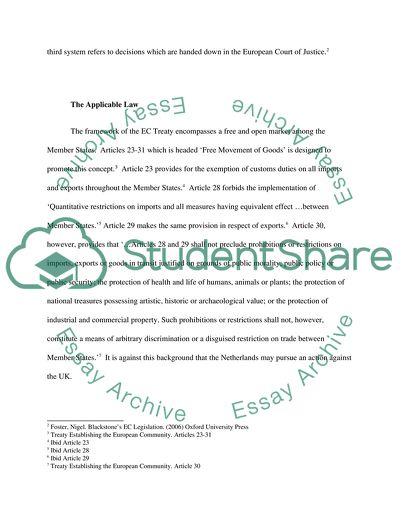Cite this document
(“The Free Movement of Goods Within The European Union Essay”, n.d.)
Retrieved from https://studentshare.org/macro-microeconomics/1540041-the-free-movement-of-goods-within-the-european-union
Retrieved from https://studentshare.org/macro-microeconomics/1540041-the-free-movement-of-goods-within-the-european-union
(The Free Movement of Goods Within The European Union Essay)
https://studentshare.org/macro-microeconomics/1540041-the-free-movement-of-goods-within-the-european-union.
https://studentshare.org/macro-microeconomics/1540041-the-free-movement-of-goods-within-the-european-union.
“The Free Movement of Goods Within The European Union Essay”, n.d. https://studentshare.org/macro-microeconomics/1540041-the-free-movement-of-goods-within-the-european-union.


